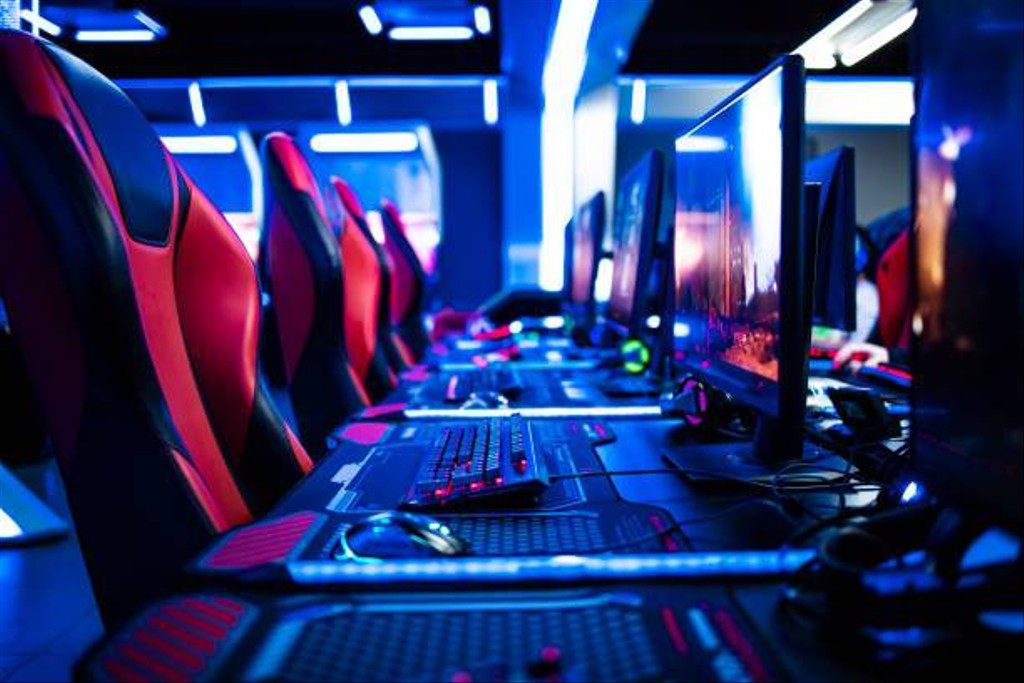E-sports have achieved electrifying popularity in recent years. These competitive games have attracted millions of gamers from around the world, setting the stage for internationally recognized professional athletes. However, along with its popularity comes the critical question of how the E-sport industry can affect the education and academic development of gamers. Therefore, it is important to understand how gamers can balance gaming and leading a healthy academic life.
The Wave of E-sport Popularity and Its Impact on Education
Technological developments and internet accessibility have been the main catalysts in increasing the popularity of E-sports. Games like Dota 2, League of Legends, and Counter-Strike: Global Offensive have taken E-sports to unprecedented competitive levels. E-sport teams now have a large fan base, participating in major tournaments with lucrative prizes.
However, the tendency of young players to spend long hours gaming often raises concerns about the impact on their education and academic performance. Many parents and educators are concerned that the love of E-sports may interfere with the learning focus and social development of young players.
Finding the Balance Between E-sports and Academics
Faced with these challenges, young players interested in E-sports need to understand the importance of finding a balance between gaming and academics. Some important steps that can help achieve this balance are as follows:
- Prioritize Education
Young players should realize that education is an important foundation for their future. In their pursuit of an E-sport career, they should not sacrifice their studies and academic obligations. Prioritize time to study and commit to achieving good academic performance. - Create a Regular Schedule
Developing a regular schedule is key to avoiding gaming addiction and achieving a balance with academic life. Set specific times for gaming, studying, exercising and interacting with friends outside the virtual world. - Open Communication with Parents and Teachers
It is important for young players to communicate openly with parents and teachers about their interest in E-sports. This way, parents and teachers can provide support and help find ways to integrate this interest with their education. - Stay Physically Active
Playing games for long periods of time can lead to a less active lifestyle. Don’t forget the importance of exercising and maintaining physical health. Exercise will help keep your body and mind healthy, thus improving concentration and academic performance.

Conclusion
E-sports has opened up exciting career opportunities for young players, but it also presents challenges in maintaining a balance between gaming and academic life. With awareness and commitment to achieving this balance, young players can achieve success in both fields. Education in E-sports should be a primary concern, ensuring that their talents in gaming do not interfere with their academic growth, but rather work hand in hand to achieve a bright future.





















+ There are no comments
Add yours